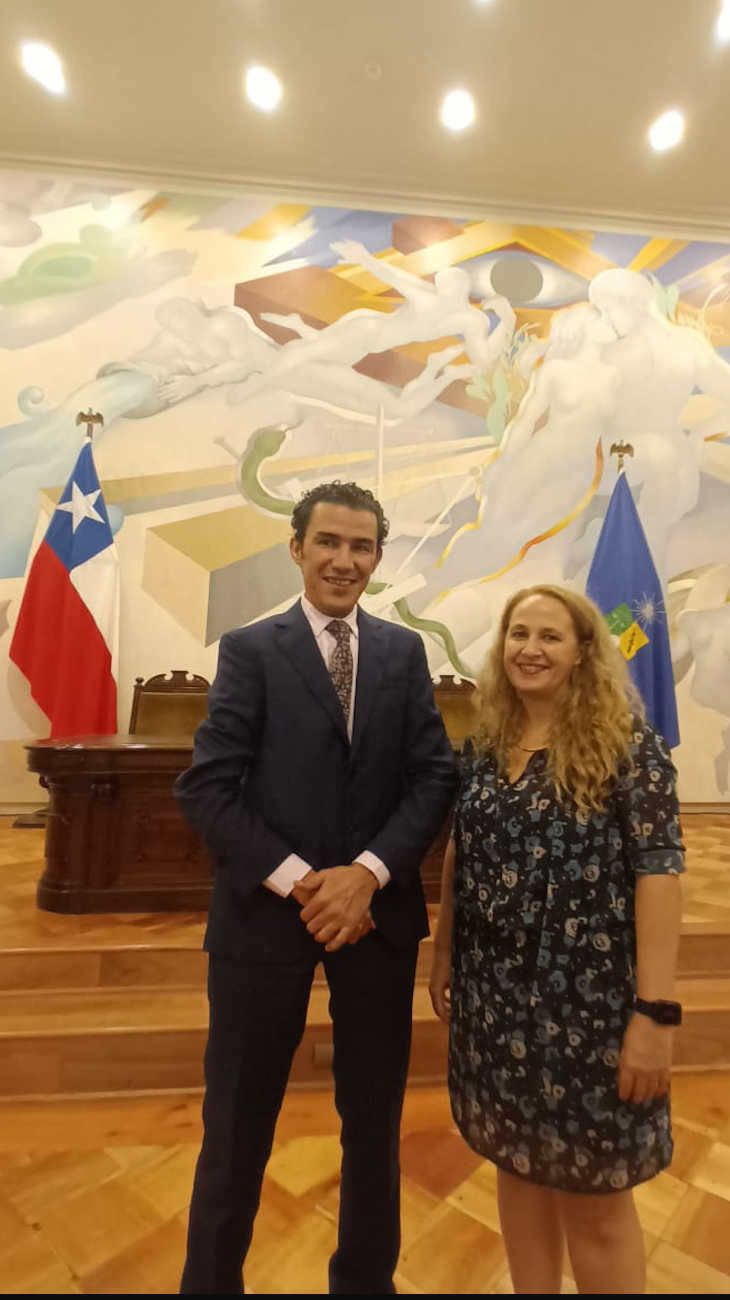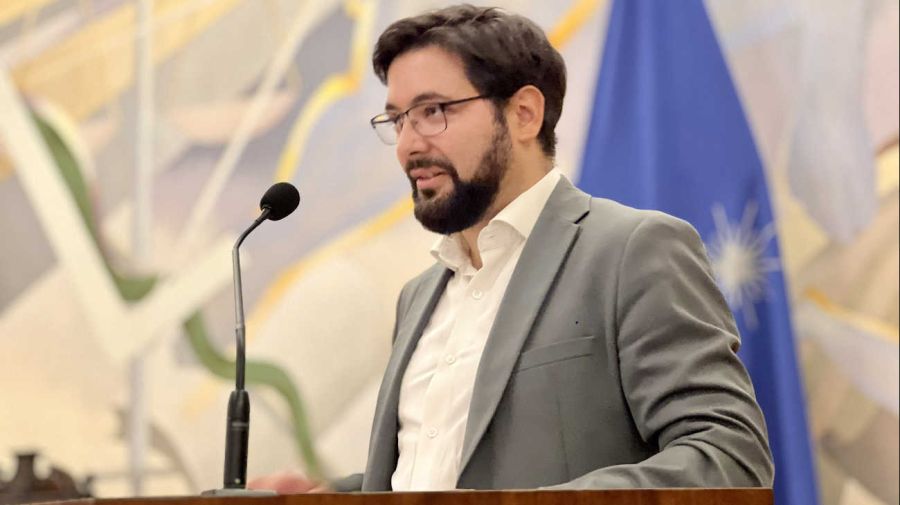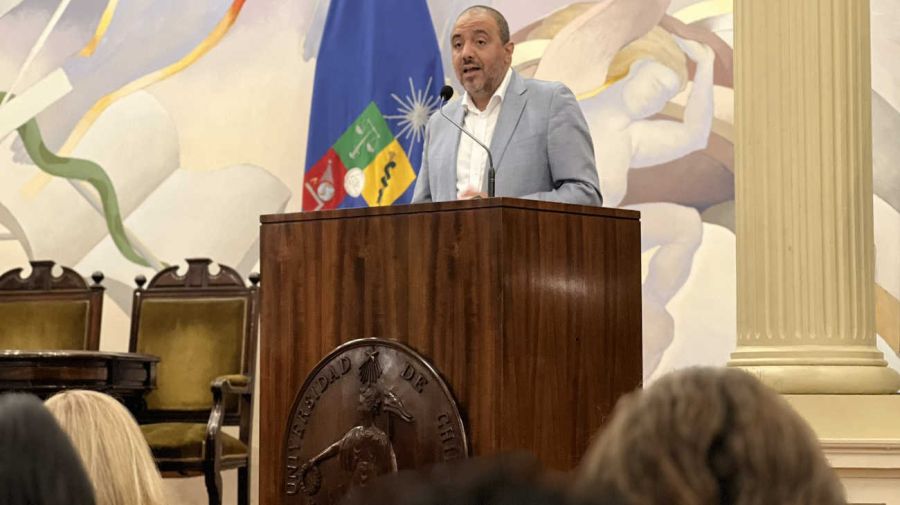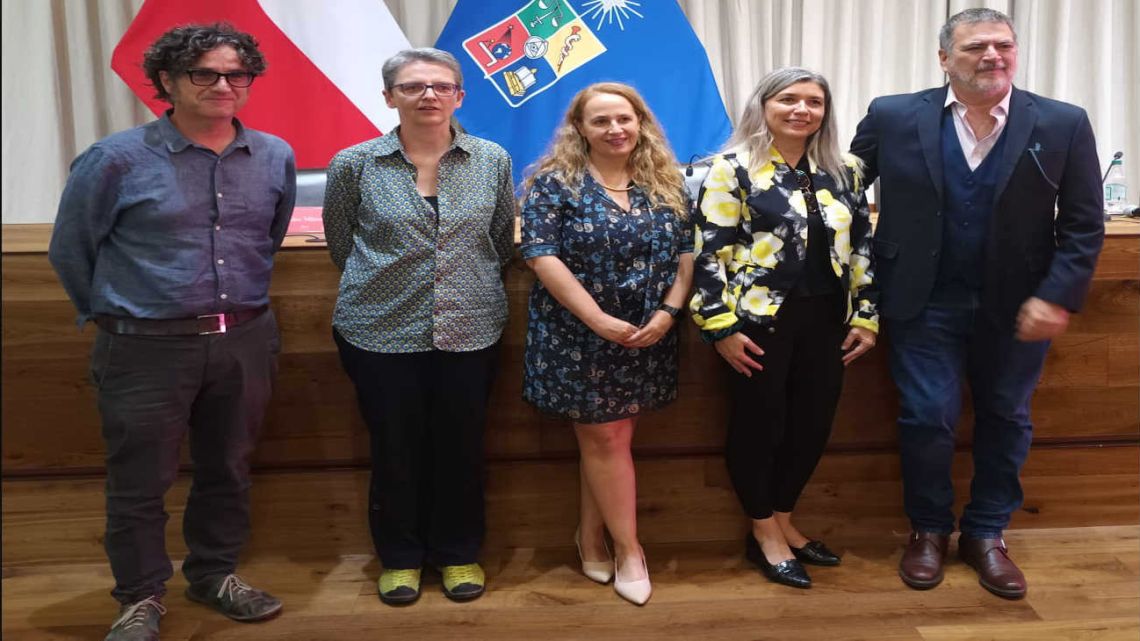On March 9, the Pre-Forum Chile took place, an instance for debate and preparation of proposals for the III World Forum on Human Rights (FMDH23), which will take place in Buenos Aires from March 20 to 24. One of the international guests was the non-profit organization Cimientos, which referred to its work to guarantee the right to education and educational equity.
The meeting, which took place in a central house of the University of Chile, was promoted by the local ministries of Foreign Affairs, Environment, Education, and Justice and Human Rights. In addition, it had the support of the International Center for the Promotion of Human Rights (CIPDH UNESCO).
In Colombia there were 215 homicides of human rights defenders
The Pre Forums are instances of dialogue, exchange and presentation of proposals that precede the FMDH23, the largest meeting of human rights activists in the world. These meetings were held in various regions of the Argentine territory and also internationally to promote its federalization, democratize debates and the development of proposals for action for the future.
Present at this year’s event were the Minister of Education, Marco Antonio Avila Lavanal; the former Undersecretary for Human Rights, Haydee Oberreuter; he Environment Undersecretary, Maximiliano Proaño Ugalde; he In charge of International Relations of the Ministry of Education, Rodrigo Matamoros, among other public officials. The Executive Director of CIPDH-UNESCO, Fernanda Gil Lozano, also participated, as well as members of other civil society organizations, academics, and intellectuals.
On behalf of Cimientos, which was invited to the panel of the thematic axis of Education and Human Rights, attended by Mercedes Méndez Ribas, Executive Director of the NGO, who spoke together with Ernesto Gonzalez, Deputy Executive Director of FUSUPO. Both spoke on the subject “State and Civil Society: towards a collaborative governance to guarantee the right to education”.
Foundations is a non-profit civil society organization that works in Argentina and Uruguay in favor of educational equity. In this sense, it carries out programs that favor educational completion, job placement and/or continuity in higher education for young people living in vulnerable contexts.
The referent of the educational NGO opened her presentation by referring to the importance of education as a human right: “Education is the engine of human rights. With education, people, in addition to being able to build a life project in autonomy and freedom, can access to know and exercise other rights”.
In addition, he reminded the public the current educational problem. Based on regional indices, Méndez Ribas promoted coordination and joint work between the State, Civil Society Organizations, the private sector, international cooperation, and the educational community (schools, students, and families).

“In our region, around 50% of girls, boys and adolescents are monetarily poor. If we measure poverty in a multidimensional way, understood as the absence of at least one right, vulnerability is even greater. This index significantly defines the opportunity to have a linear or incomplete educational trajectory“, alerted the Executive Director of Foundations.
And he added: “The lowest income quintiles increase the chances of school failure five times compared to the highest income quintiles. In other words, the place of birth continues to define access and the possibility of exercising the right to education“.

In addition, based on his experience of more than 25 years in Cimientos, he exposed four variables in which civil society organizations can articulate with the State to guarantee the right to education. “Organizations can function as a vital resource for the State collaborating so that it acquires dynamism, improves its habitual practices, can innovate in public policies and is more efficient in its evaluation through segmentation”, he explained.
“In general terms, we have the capacity to collaborate with the State through: Identification of recipients, knowledge transfer, pilot experiences and articulation with other actors“, Mendéz Ribas listed and then delved into concrete examples of articulation experiences.

Finally, he emphasized the role of the State as the final guarantor of access to the right to universal and quality education, at the same time that he mentioned that the other social actors are supportive of the educational policies in an articulation that he described as “necessary”. In this sense, he stated that both parties can contribute to solving or reducing the limitations of the other. In addition, he explained that the main challenges are scale growth without losing the efficiency of the programs and continuity over time, beyond the governments.
“I am convinced that the answer lies in the transfer of knowledge and not in a closed programmatic package. The articulations only may be sustained in the long term as long as the link is with the State and not with the government. For this, the cooperation agreements are just as important as the continuous evaluations to demonstrate the efficiency of joint work”, concluded Méndez Ribas.
MB / ED
You may also like
